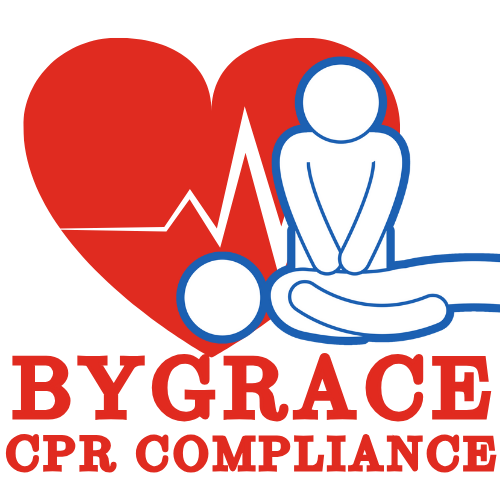

“Stress is an unavoidable part of life. However, it can become a problem when it starts to affect your health and well-being. Learning to manage stress is important for maintaining both physical and mental health. There are many different techniques you can use to manage stress, and we’ll discuss some of the most effective ones.”
According to the American Psychological Association, chronic stress can have a negative impact on health, contributing to conditions such as heart disease, high blood pressure, obesity, and diabetes. Additionally, stress can increase the risk of anxiety and depression. However, research shows that simple stress management techniques like deep breathing can help to reduce the negative health effects of stress.
Ways To Manage Stress
1. Relaxation Techniques
There are many different types of relaxation techniques, but let’s focus on three popular ones: progressive muscle relaxation, deep breathing, and visualization.
- Progressive muscle relaxation is the technique we discussed earlier, where you tense and relax your muscles to release physical tension.
- Deep breathing is another technique that helps to calm the body and mind by focusing on your breath.
- visualization involves imagining a calm and relaxing place or situation, like a beach or a forest.
2. Cognitive Reframing
One popular method is called “cognitive reframing”, which involves changing the way you think about stressful situations. For example, instead of thinking “I’m so stressed, I can’t do this!” you could try to think “This is challenging, but I can handle it.” This simple shift in thinking can make a big difference in how you cope with stress.
3.Healthy Eating
Another method of managing stress is called “healthy eating”. This involves making sure that you’re eating a balanced diet that provides your body with the nutrients it needs to function properly. Eating too much or too little, or eating unhealthy foods, can lead to stress. For example, a diet high in sugar can cause blood sugar levels to fluctuate, which can lead to mood swings and increased stress.
4. Regular Exercise
Another way to manage stress is by getting regular exercise. Exercise releases endorphins, which are hormones that make you feel good. Just 30 minutes of moderate exercise a day can make a big difference in your stress levels. It doesn’t have to be anything fancy – even a walk around the block can help.
5. Grounding
Another stress management technique is called “grounding”. This involves using your five senses – sight, sound, touch, taste, and smell – to bring you back to the present moment and away from stress. For example, you could look around you and name 5 things you can see, 4 things you can touch, 3 things you can hear, 2 things you can smell, and 1 thing you can taste. This helps to bring your mind back to the present and away from stress.
6. Mindfullness
Mindfulness is a way of focusing on the present moment without judgement. This can be done through a variety of practices, such as mindful eating, mindful walking, or mindful breathing. When you are mindful, you are fully aware of what you’re doing and experiencing in the present moment, without getting caught up in worries about the past or future.
7. Positive Self-Talk
“Positive self-talk”. This is simply talking to yourself in a kind and encouraging way. For example, instead of saying “I’m never going to get this done”, you could say “I can do this one step at a time”. Positive self-talk can help to reduce stress and increase your confidence.
8. Setting Boundaries
“. Setting boundaries means learning to say “no” when you’re feeling overwhelmed and knowing your Limits, Setting boundaries might look like saying “no” to extra work when you’re already feeling stressed, or setting aside time for yourself each day to relax.
9. Taking Breaks
Taking breaks means taking time away from work or other responsibilities to rest and recharge.
Taking breaks might mean taking a few minutes to stretch and take deep breaths every hour, or taking a lunch break away from your workspace.
10. Gratitude
Gratitude is the practice of noticing and appreciating the positive things in your life. This can be done through things like keeping a gratitude journal, where you write down 3 things you’re grateful for each day, or by saying “thank you” more often to the people in your life. Gratitude has been shown to improve overall well-being and reduce stress.
Other Contributions to health Management.
Some other things that can contribute to stress management. For example, getting enough sleep, eating a healthy diet, staying hydrated, and spending time with friends and family are all important. Stress management is really about creating a lifestyle that supports your overall well-being.
Key Takeaways
- Stress management is a process, not a quick fix.
- There are many different techniques that can be used, and it’s important to find what works best for you.
- A healthy lifestyle, including getting enough sleep, eating well, staying hydrated, and spending time with loved ones, is also important for stress management.
- Be patient and kind to yourself as you work on managing your stress.
I hope that was helpful!
Bottom Line
That’s great! One last thing I want to mention is that stress management is an ongoing process. It’s not a quick fix, and it might take some time and effort to find what works best for you. Don’t feel discouraged if you don’t see results right away. The important thing is to keep trying and to be patient with yourself.

0 Comments